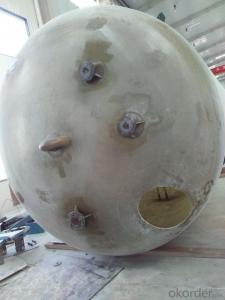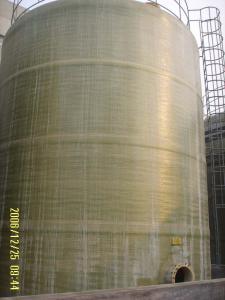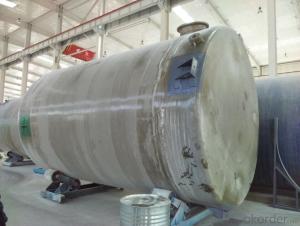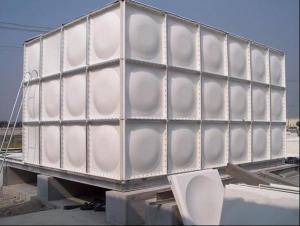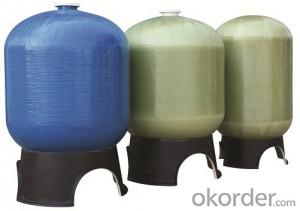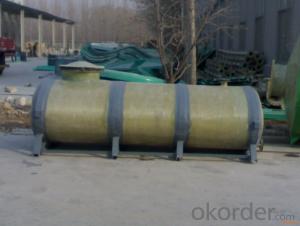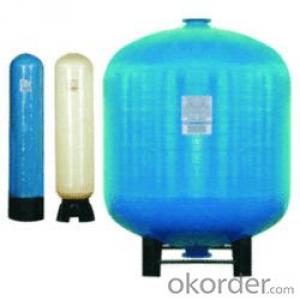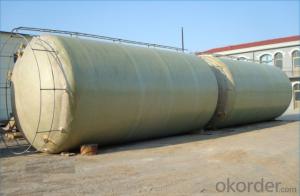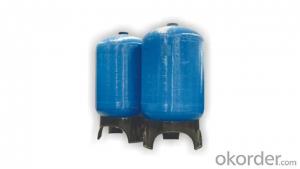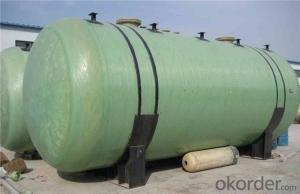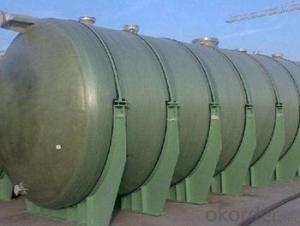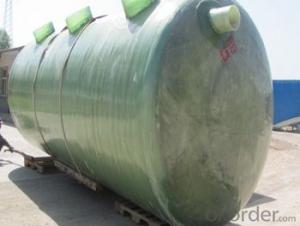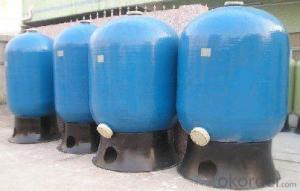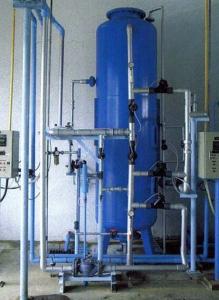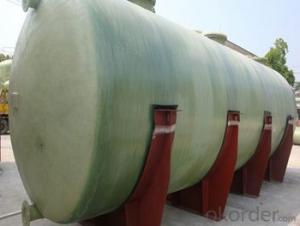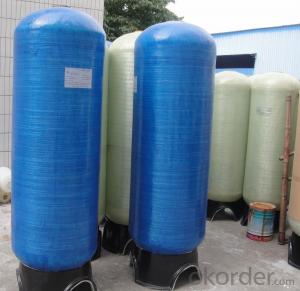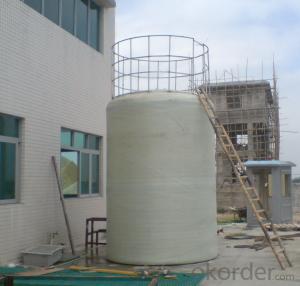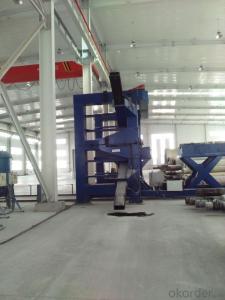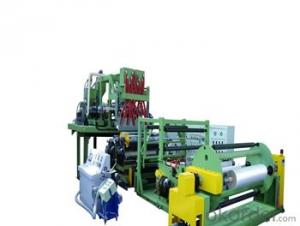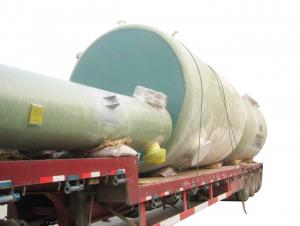All Categories
- - Steel Wire Rod
- - Steel Coils
- - Steel Profiles
- - Steel Pipes
- - Stainless Steel
- - Tinplate
- - Special Steel
- - Steel Sheets
- - Steel Rebars
- - Steel Strips
- - Hot Rolled Steel
- - Cold Rolled Steel
- - Pre-painted Steel
- - Seamless Steel Pipe
- - Welded Steel Pipe
- - Hollow Steel Tubes
- - Galvanized Pipe
- - Stainless Steel Coil
- - Stainless Steel Sheet
- - Stainless Steel Plate
- - Stainless Steel Strips
- - Electrolytic Tinplate Coil
- - Electrolytic Tinplate Sheet
- - Stainless Steel Rebars
- - Solar Panels
- - Solar Water Heater
- - Solar Related Products
- - Solar Inverter
- - Solar Cells
- - Solar Light
- - Solar Energy Systems
- - Solar Controllers
- - Solar Mounting System
- - Solar Pump
- - Solar Chargers
- - Fiberglass Chopped Strand
- - Fiberglass Mesh Cloth
- - Composite Pipes
- - FRP Pultrusion Profiles
- - Fiberglass Mat Tissue
- - Fiberglass Fabrics
- - Fiberglass Mesh
- - Composite Tank
- - Fiberglass Mesh tape
- - Polymer
- - FRP Roofing Panel
- - Fiberglass Roving
- - Monolithic Refractories
- - Ceramic Fiber Products
- - Refractory Bricks
- - Raw Materials For Refractory
- - Suspended Platform
- - Cranes
- - Concrete Machinery
- - Earthmoving Machinery
- - Building Hoist
- - Road Building Machinery
- - Plastic Pipe Fittings
- - Plastic Tubes
- - Plastic Sheets
- - Agricultural Plastic Products
- - Plastic Nets
 All Categories
All Categories
Q & A
What impact do composite tanks have on reducing greenhouse gas emissions?
Composite tanks have a significant impact on reducing greenhouse gas emissions as they are lightweight and durable, allowing for more efficient transportation and storage of gases. This reduces energy consumption and emissions associated with manufacturing, handling, and transportation processes, ultimately contributing to a greener and more sustainable future.
Can composite tanks be used for underground storage?
Yes, composite tanks can be used for underground storage. The lightweight and corrosion-resistant properties of composite materials make them suitable for underground applications, providing a reliable and long-lasting solution for storing various substances.
How are composite tanks designed for earthquake resistance?
Composite tanks are designed for earthquake resistance by incorporating various features and design principles. These include using high-strength composite materials with good flexibility and ductility, integrating reinforcing elements such as fibers or grids to enhance structural integrity, employing special jointing techniques to ensure connections withstand seismic forces, and implementing advanced analysis and simulation methods to assess and optimize the tank's performance during earthquakes. Additionally, composite tanks may undergo rigorous testing and certification processes to ensure they meet specific earthquake resistance standards and regulations.
How do composite tanks handle the storage of radioactive waste materials for long-term disposal?
Composite tanks are well-suited for the storage of radioactive waste materials for long-term disposal due to their excellent resistance to corrosion and structural integrity. These tanks are typically made of reinforced materials, such as fiberglass or carbon fiber, which provide high strength and durability. Composite tanks are designed to withstand the harsh environments associated with the storage of radioactive waste, including high temperatures, pressure, and chemical exposure. Additionally, they have low permeability, preventing any leakage or escape of radioactive materials. Overall, composite tanks offer a reliable and secure solution for the long-term storage of radioactive waste materials.
Wholesale Composite Tank from supplier in Syria
Whether you require Composite Tanks for industrial, commercial, or residential applications, our team of experts can assist you in finding the right solution. We understand the unique requirements and challenges of the Syrian market and can help you navigate through them.
Our sales team is dedicated to providing excellent customer service and will work closely with you to understand your specific needs. We offer competitive prices and can provide detailed quotations to ensure transparency and accuracy in your procurement process.
In addition to sales, we also offer comprehensive technical support. Our team of engineers and technicians are well-versed in the technical aspects of Composite Tanks and can provide guidance and assistance throughout your project. Whether you need help with installation, maintenance, or troubleshooting, we are here to support you.
As a subsidiary of CNBM, a Fortune Global 500 company, we have access to a vast network of resources and expertise. This allows us to provide you with convenient and efficient procurement solutions. We can handle large-scale orders and ensure timely delivery of your Composite Tanks.
At [Company Name], we take pride in our commitment to quality and customer satisfaction. Our products are manufactured using the latest technology and adhere to international standards. We understand the importance of reliability and durability in Composite Tanks, and we only supply products that meet our stringent quality control measures.
Contact us today to discuss your Composite Tank requirements in Syria. Our team is ready to assist you and provide you with the best solutions for your projects.
Our sales team is dedicated to providing excellent customer service and will work closely with you to understand your specific needs. We offer competitive prices and can provide detailed quotations to ensure transparency and accuracy in your procurement process.
In addition to sales, we also offer comprehensive technical support. Our team of engineers and technicians are well-versed in the technical aspects of Composite Tanks and can provide guidance and assistance throughout your project. Whether you need help with installation, maintenance, or troubleshooting, we are here to support you.
As a subsidiary of CNBM, a Fortune Global 500 company, we have access to a vast network of resources and expertise. This allows us to provide you with convenient and efficient procurement solutions. We can handle large-scale orders and ensure timely delivery of your Composite Tanks.
At [Company Name], we take pride in our commitment to quality and customer satisfaction. Our products are manufactured using the latest technology and adhere to international standards. We understand the importance of reliability and durability in Composite Tanks, and we only supply products that meet our stringent quality control measures.
Contact us today to discuss your Composite Tank requirements in Syria. Our team is ready to assist you and provide you with the best solutions for your projects.
Hot Search
- Fiberglass Chopped Strand in Lebanon
- Fiberglass Mesh Cloth in Azerbaijan
- Composite Pipes in Turkmenistan
- FRP Pultrusion Profiles in Egypt
- Fiberglass Mat Tissue in Gabon
- Fiberglass Fabrics in Iraq
- Fiberglass Mesh in Comoros
- Composite Tank in Seychelles
- Fiberglass Mesh tape in Cuba
- Polymer in United Arab Emirates
